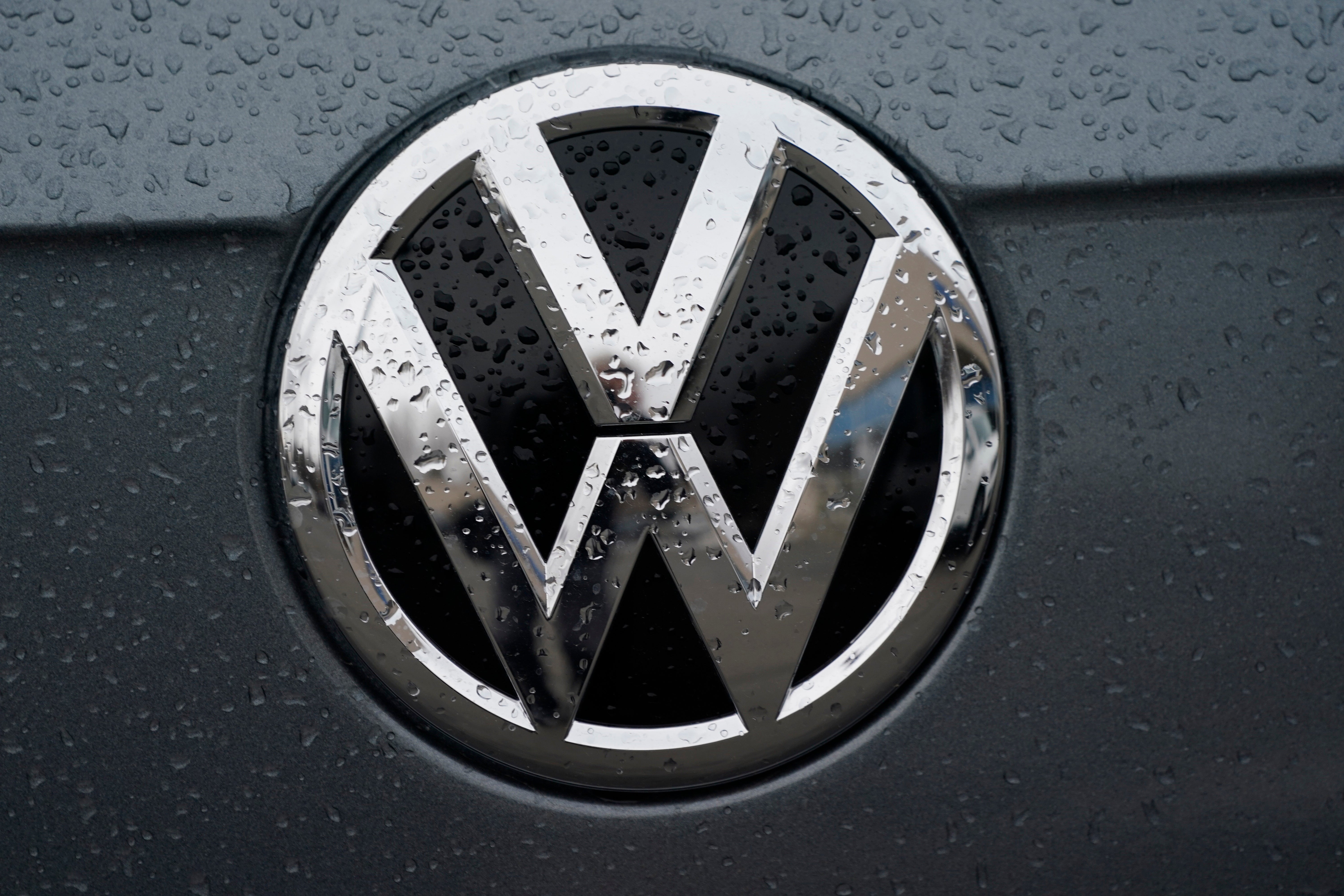Volkswagen-commissioned audit finds no signs of forced labor at plant in China's Xinjiang region
An audit commissioned by Volkswagen has found no indication of forced labor at its plant in China’s Xinjiang region, where Western governments have accused the Chinese government of human rights violations against the Uyghur ethnic minority

Your support helps us to tell the story
From reproductive rights to climate change to Big Tech, The Independent is on the ground when the story is developing. Whether it's investigating the financials of Elon Musk's pro-Trump PAC or producing our latest documentary, 'The A Word', which shines a light on the American women fighting for reproductive rights, we know how important it is to parse out the facts from the messaging.
At such a critical moment in US history, we need reporters on the ground. Your donation allows us to keep sending journalists to speak to both sides of the story.
The Independent is trusted by Americans across the entire political spectrum. And unlike many other quality news outlets, we choose not to lock Americans out of our reporting and analysis with paywalls. We believe quality journalism should be available to everyone, paid for by those who can afford it.
Your support makes all the difference.An audit commissioned by Volkswagen has found no indication of forced labor at its plant in China's Xinjiang region, where Western governments have accused the Chinese government of human rights violations against the Uyghur ethnic minority.
The German automaker has come under fire for operating in Xinjiang, a remote western region that borders Central Asia. The U.S. government has blocked imports from Xinjiang unless it can be proven that the products were not made with forced labor.
The auditor, Loening — Human Rights and Responsible Business, conducted 40 interviews and was able to inspect the factory freely, said Markus Loening, a former German human rights commissioner who founded the consultancy.
“We could not find any indications or evidence of forced labor among the employees,” he said in remarks provided by Volkswagen from a media briefing in Germany on Tuesday.
China launched a harsh crackdown in Xinjiang around 2017 in response to a series of bombings, knifings and other attacks by Uyghurs unhappy with the communist-ruled government's policies toward their ethnic group. Analysts estimate that a million or more people have been detained in what China has called vocational training and education centers.
The government denies any human rights violations and says the measures succesfully eliminated a terrorist threat.
The Volkswagen plant in Urumqi, the capital of Xinjiang, is no longer assembling vehicles and functions only as a distribution hub. About 10,000 vehicles a year undergo quality checks before they are delivered to dealers in the region.
The number of workers has fallen to 197 from about 650 between 2015 and 2019, Volkswagen said. Of the total, 47 are Uyghurs and 150 are from China's Han majority.
“The employees are paid above average and have little to do,” Loening said.
A law firm in Shenzhen, an industrial hub in eastern China, carried out the audit, accompanied by staff from Loening. The factory is owned by Volkswagen's joint venture with SAIC Motor, a major Chinese automaker.
Loening acknowledged the difficulty of conducting audits in China. “The situation in China and Xinjiang and the challenges in collecting data for audits are well known," he said.